Frecuencia Doméstica

Vista general de la exposición Frecuencia Doméstica, Serie Sueños Humedos y T.V Ruido, Karen Lamassonne.
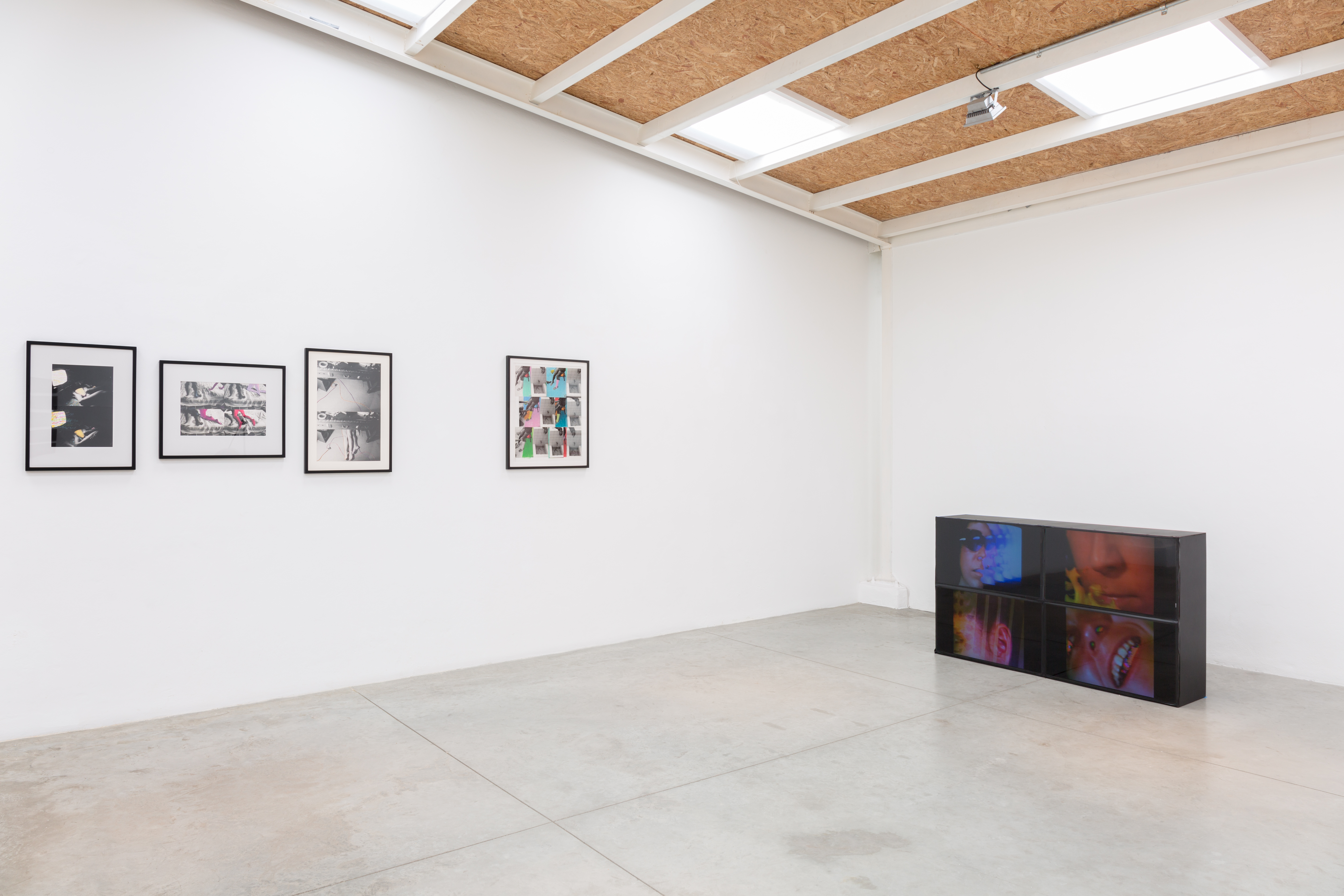
Vista general de la exposición Frecuencia Doméstica, Serie Sueños Humedos y Autorretrato en 4 tiempos, Karen Lamassonne y Sandra Llano-Mejía.
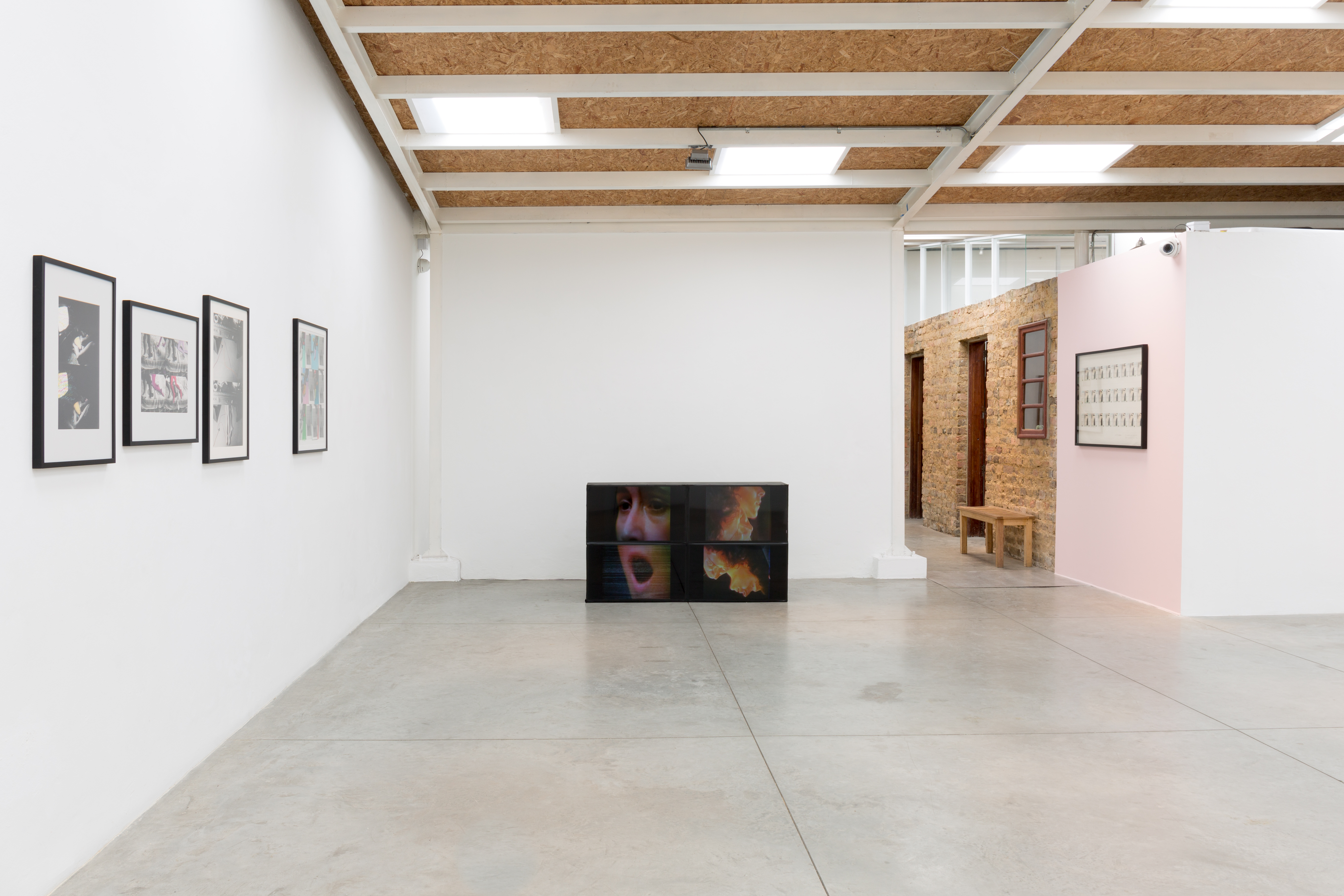
Vista panorámica de la exposición Frecuencia Doméstica, Karen Lamassonne y Sandra Llano-Mejía.

Vista general de la exposición Frecuencia Doméstica, Iced palace y Autorretrato, Sandra Llano-Mejía y Karen Lamassonne.
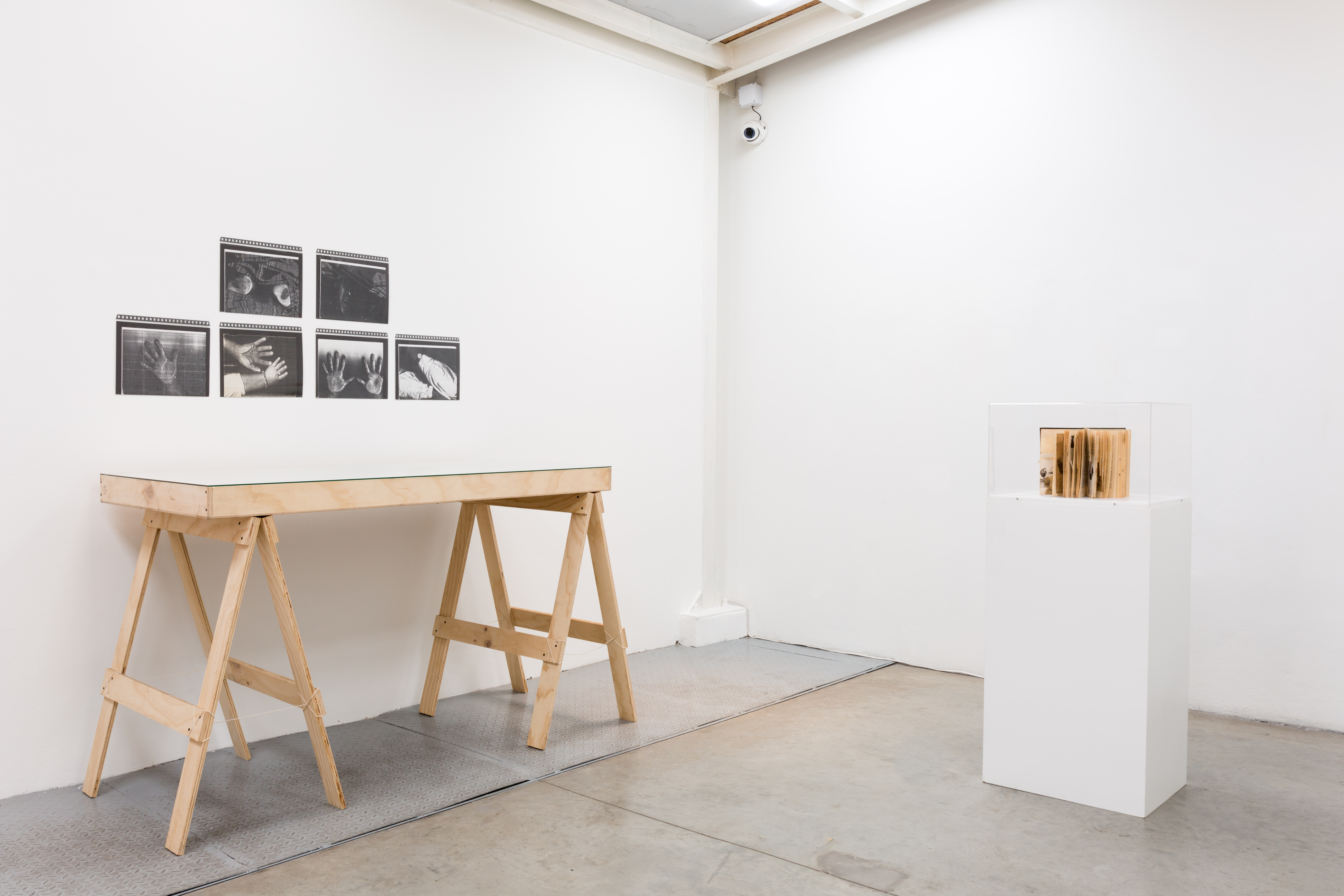
Vista general de la exposición Frecuencia Doméstica, Parando el mundo, Deteniendo el tiempo & Iced palace de Sandra Llano-Mejía.
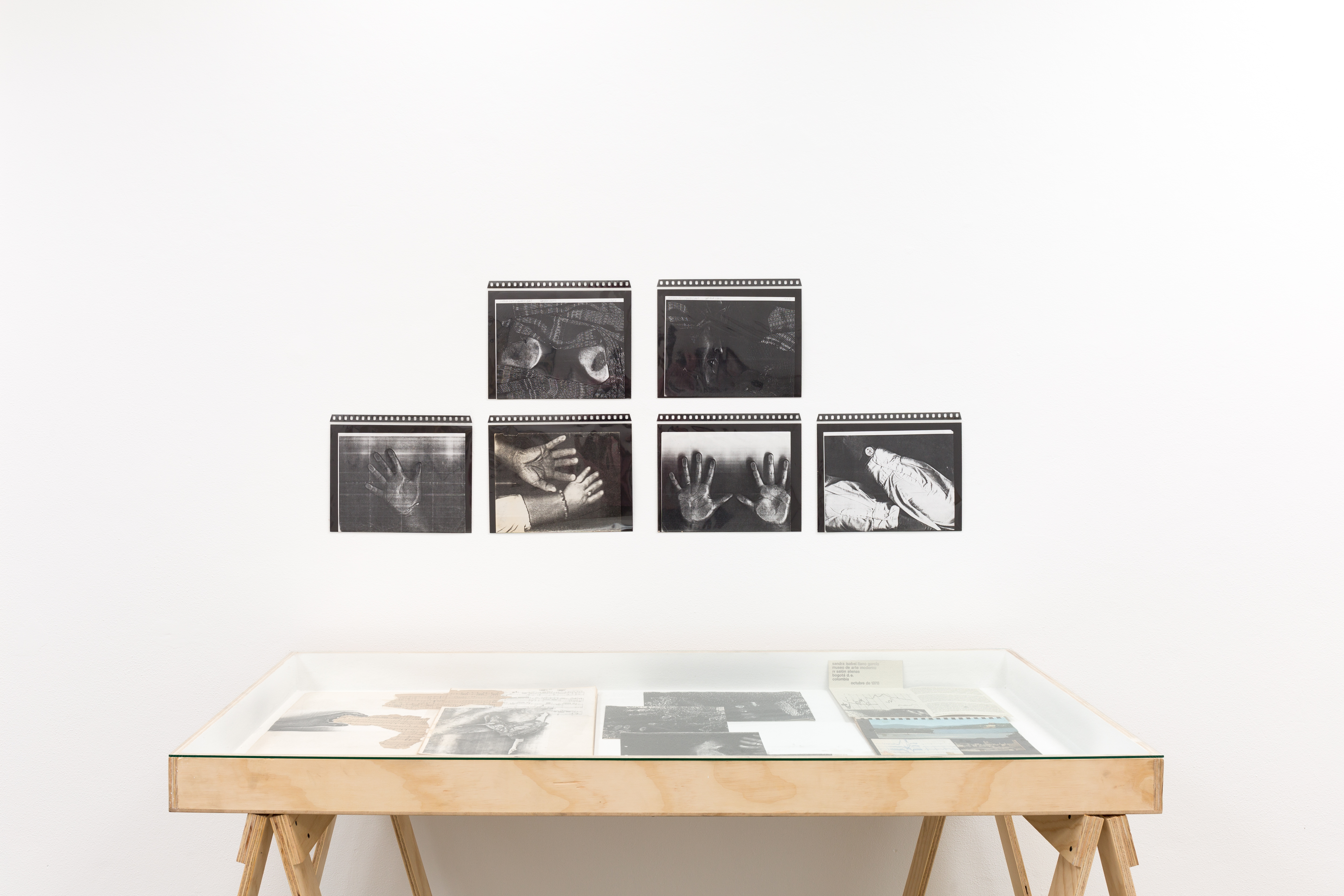
Vista general de la exposición Frecuencia Doméstica, Parando el mundo he Icono natural y proyectual, de Sandra Llano-Mejía.
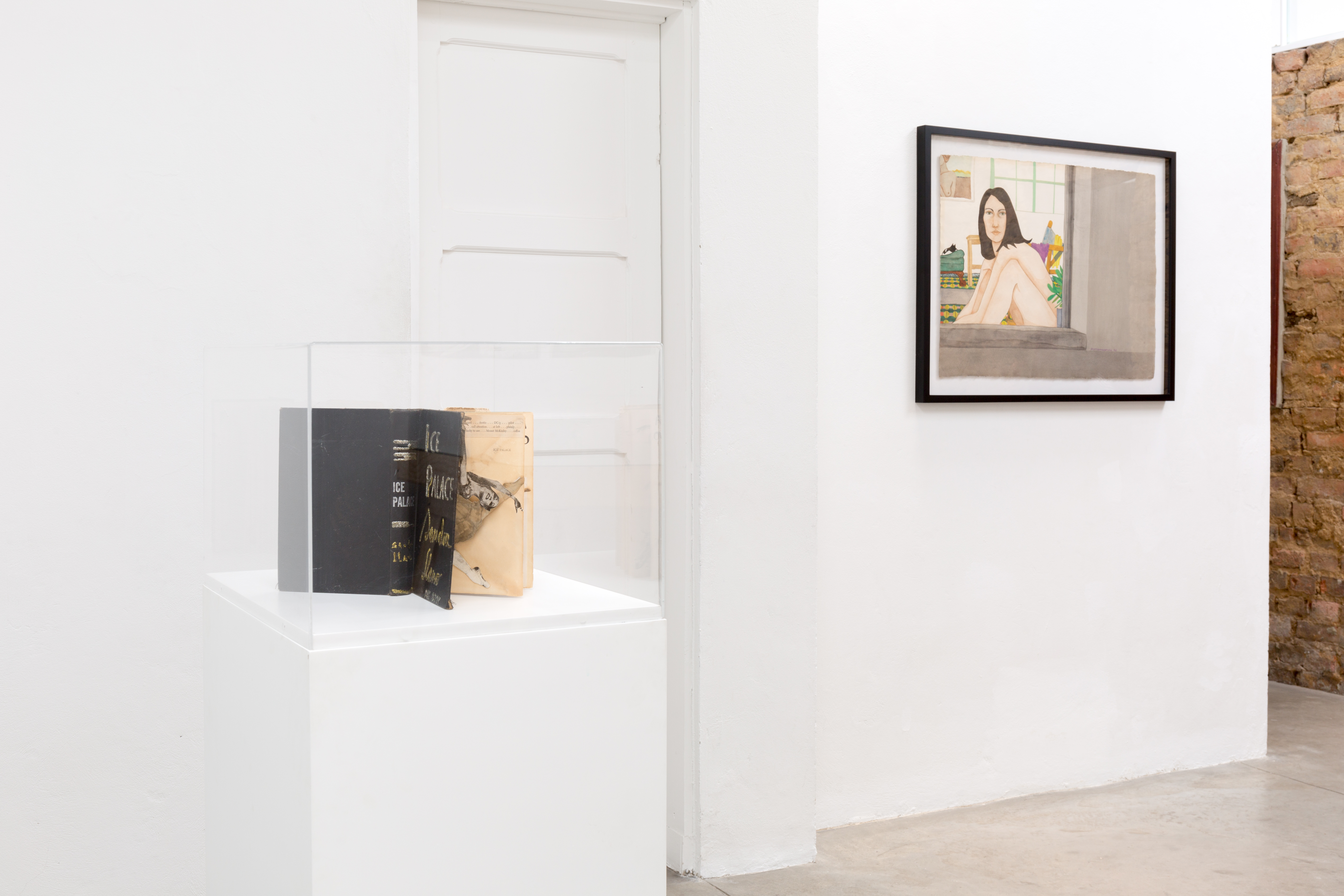
Vista general de la exposición Frecuencia Doméstica, Iced palace y Autorretrato, Sandra Llano-Mejía y Karen Lamassonne.
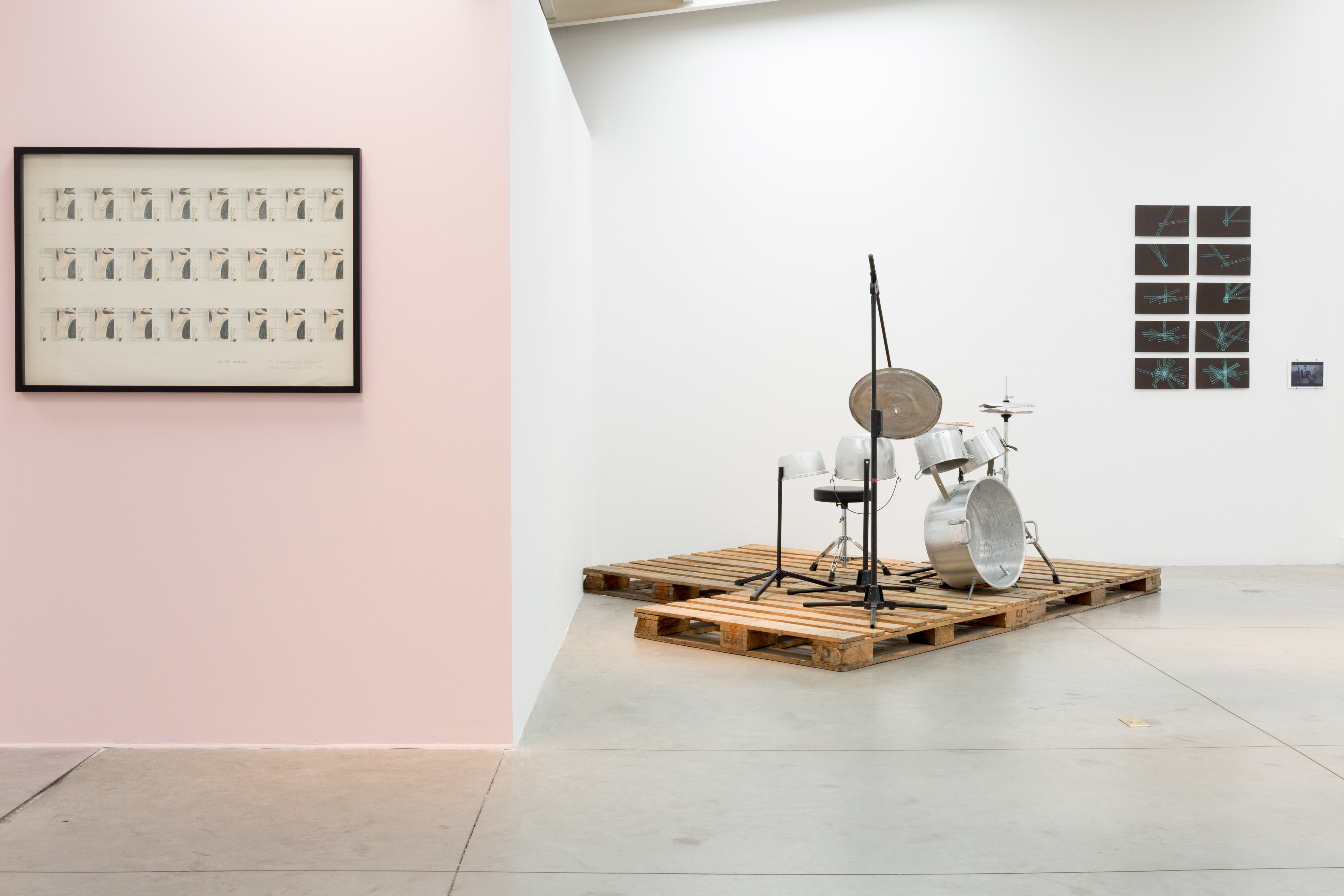
Vista general de la exposición Frecuencia Doméstica, 24 cuadros por segundo y Cacerolazo, Karen Lamassonne y Tania Candiani.
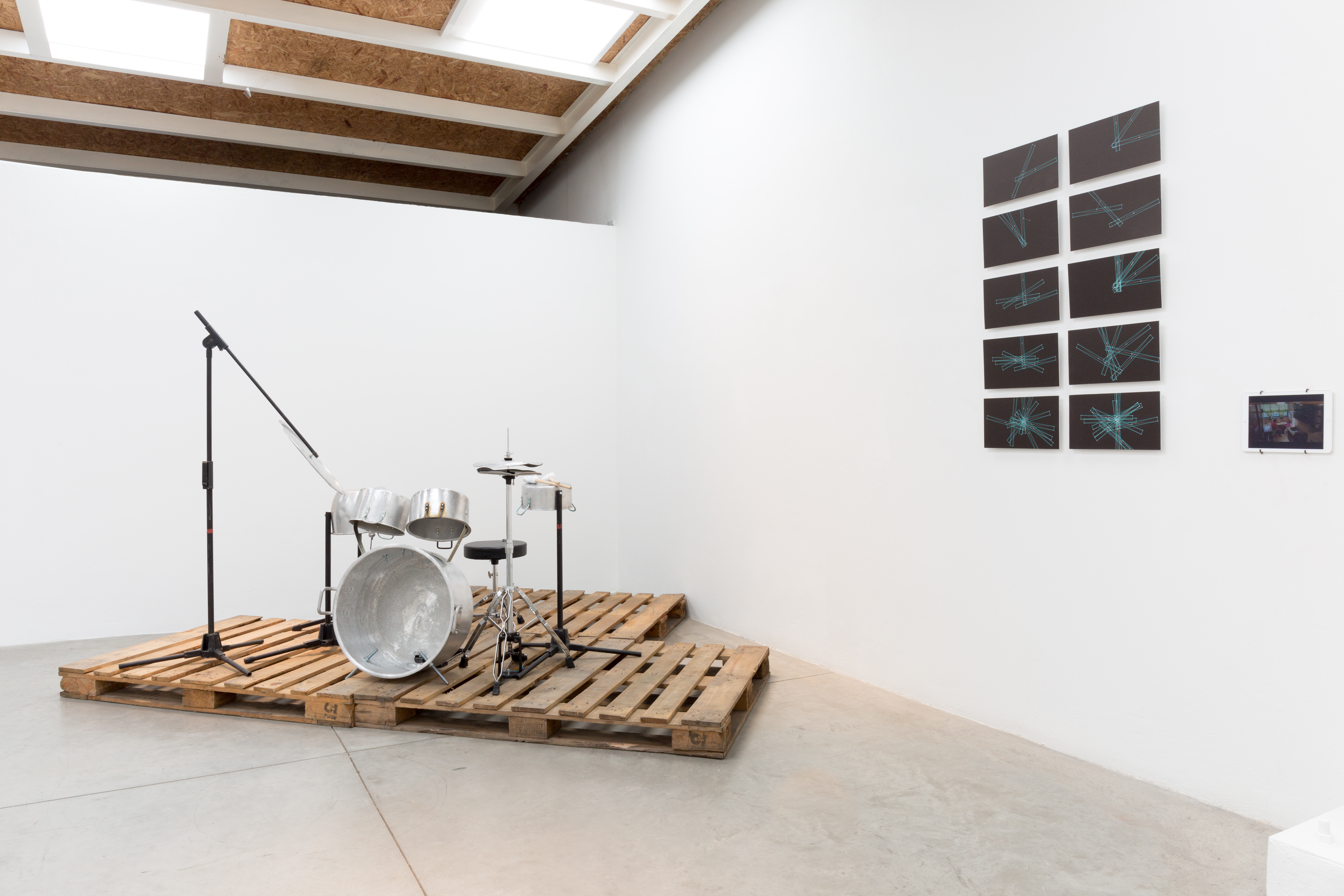
Vista general de la exposición Frecuencia Doméstica, Cacerolazo y Constelaciones, Tania Candiani y Sandra Llano-Mejía.
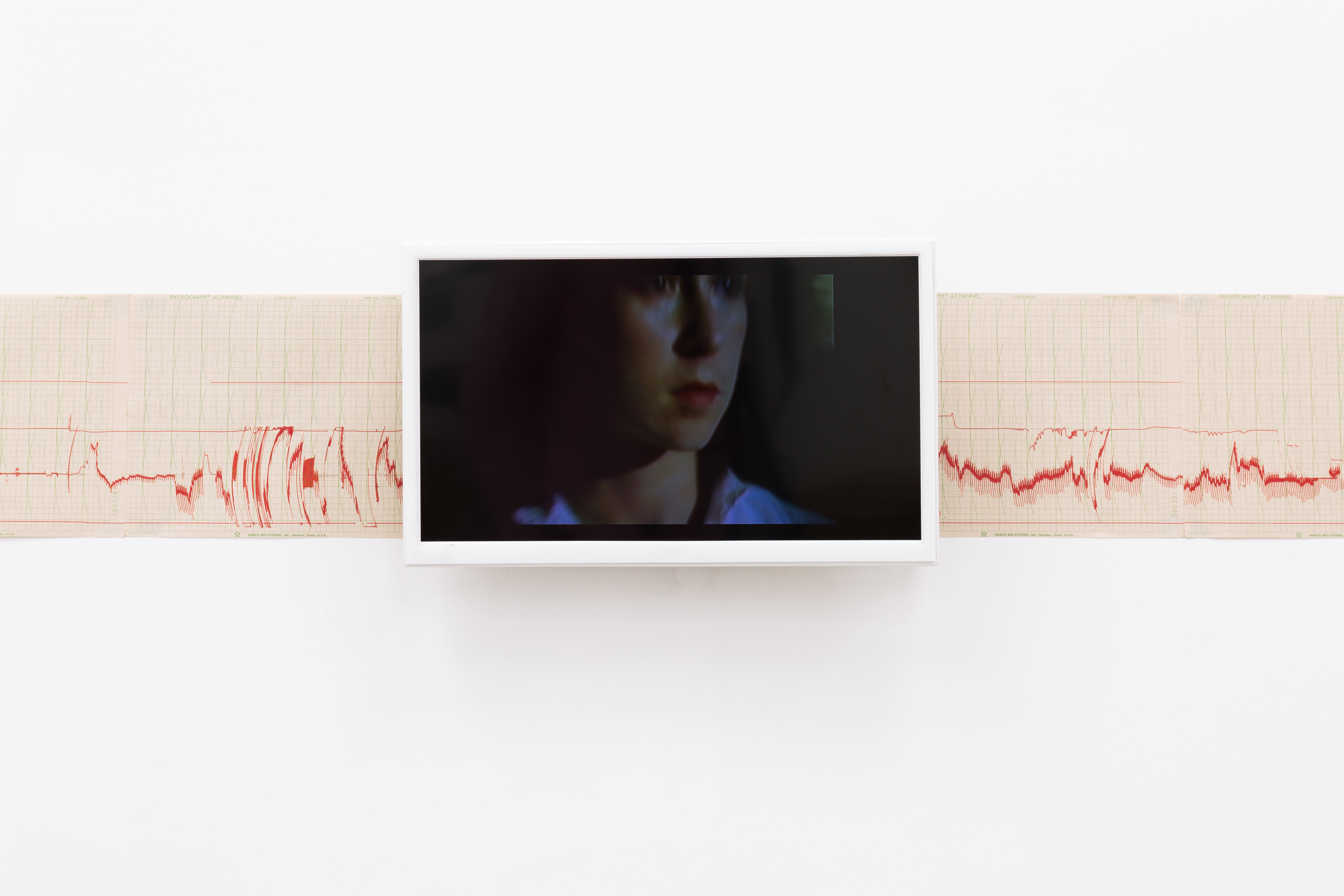
Sandra Llano-Mejía, In-Pulso, Instalación. Video + electrocardiogramas, 1977-1978.
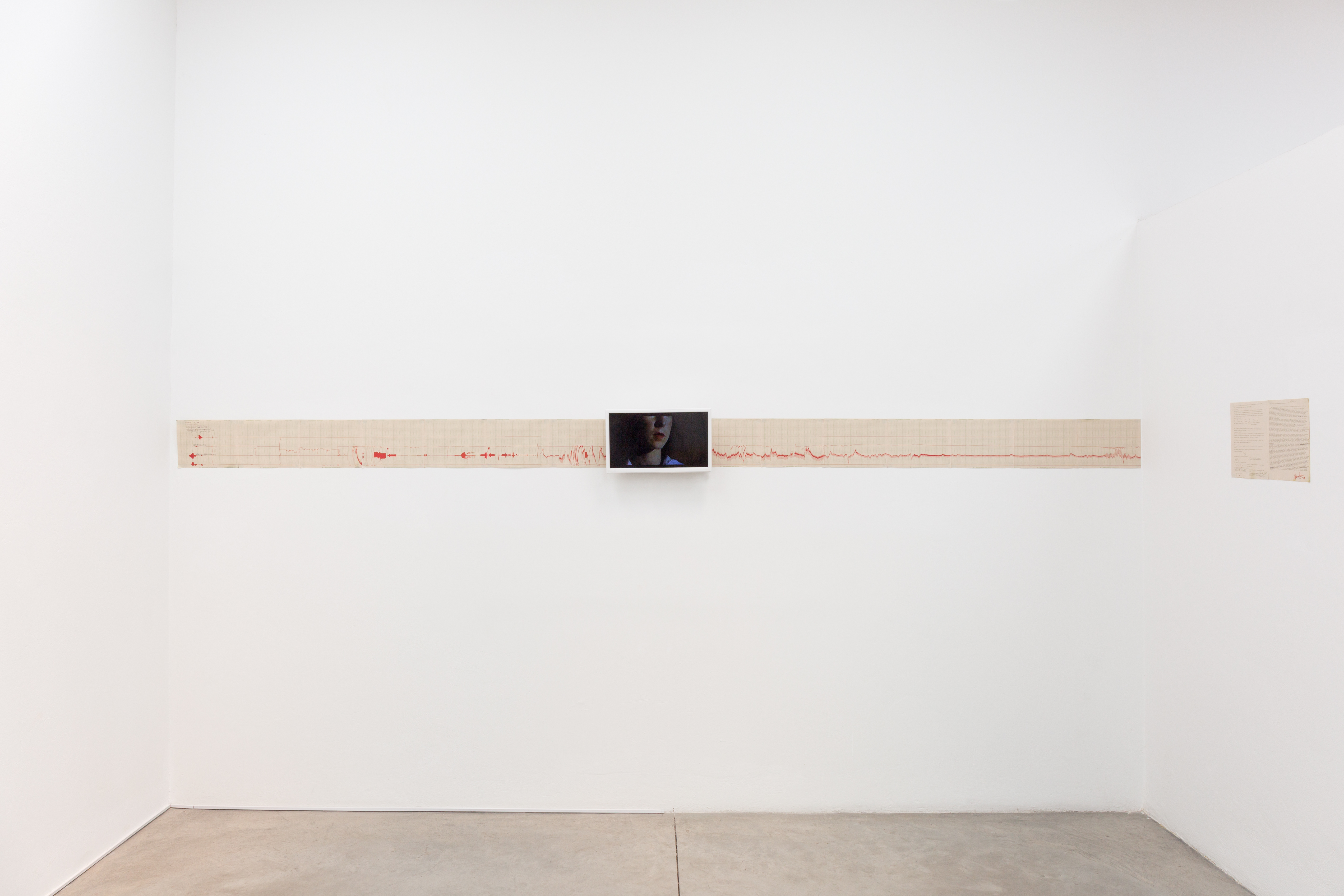
Sandra Llano-Mejía, In-Pulso, Instalación. Video + electrocardiogramas, 1977-1978.
The word Domestic comes from the Latin domus and refers to what belongs to home. Domestic Fre-quency, through the works of Sandra Llano-Mejía (1951), Karen Lamassonne (1954) and Tania Can-diani (1974), wants to create a pulse, a rhythm that questions obsolete beliefs about the feminine and its relation with “home” and family -understanding home as a multiple concept, a live entity that transforms itself and that can even be contradictory.
Home is traditionally linked with the feminine; belief that has to be questioned, especially when defi-nitions are intrinsically patriarchal. For example, in a dictionary the meaning of domestication is: to accustom the fierce and savage animal to the view and company of man, or to increase socialness by reducing roughness of character.
It is important to reflect on the domestic to claim its meaning -a space where intimate relationships are strengthened and where new family models are created, and necessary to question its negative, patriarchal or macho connotations, to finally do justice to the relationships that in contemporaneity are generated within home.
Instituto de Visión has a particular interest in opening spaces to feminine voices and trough them, re-flect about and question gender roles in order “to avoid important discursive discriminations that have crucial implications as they describe reality, and by doing so, perpetuate that social reality”. Judith Butler (theoretical, feminist philosopher)